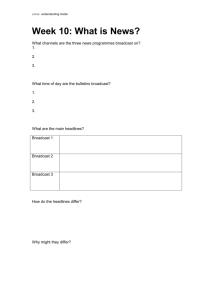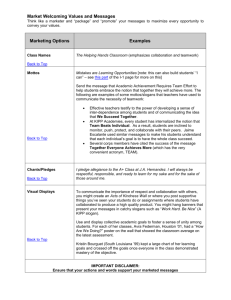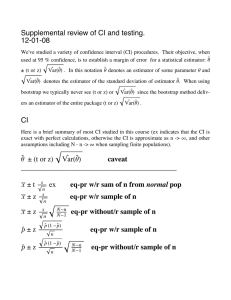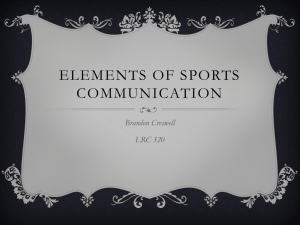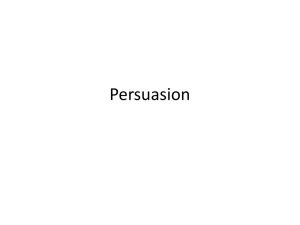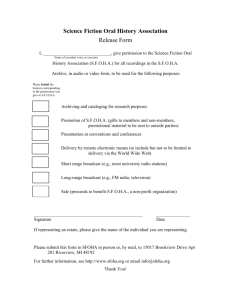communication and cb
advertisement
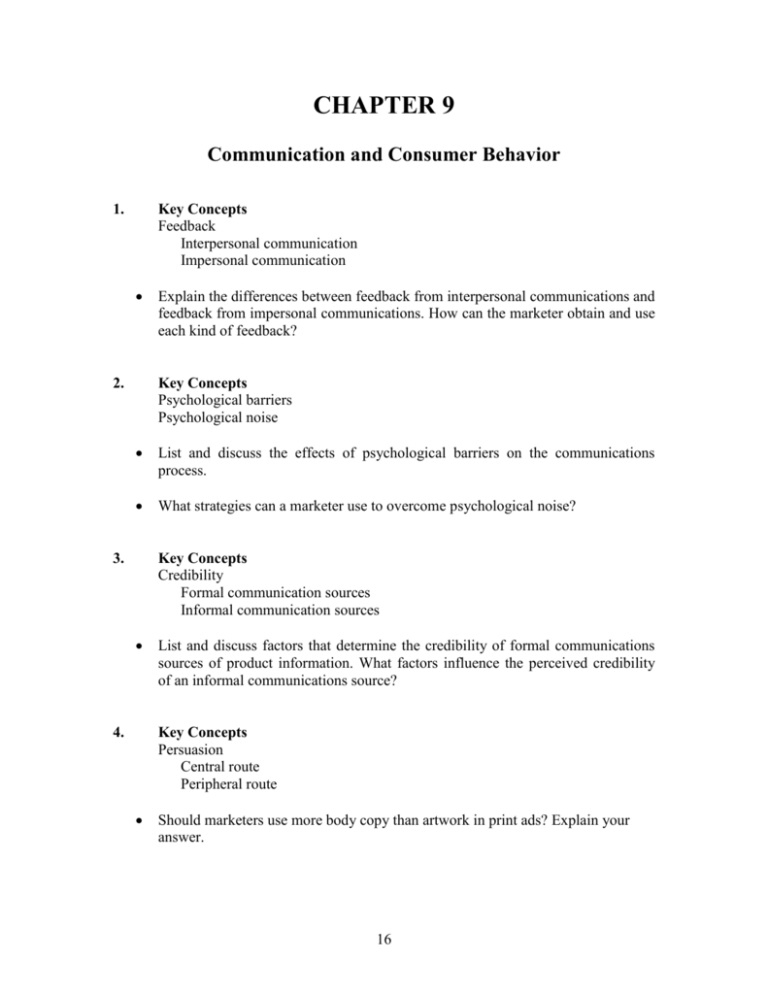
CHAPTER 9 Communication and Consumer Behavior 1. Key Concepts Feedback Interpersonal communication Impersonal communication 2. Explain the differences between feedback from interpersonal communications and feedback from impersonal communications. How can the marketer obtain and use each kind of feedback? Key Concepts Psychological barriers Psychological noise List and discuss the effects of psychological barriers on the communications process. What strategies can a marketer use to overcome psychological noise? 3. Key Concepts Credibility Formal communication sources Informal communication sources 4. List and discuss factors that determine the credibility of formal communications sources of product information. What factors influence the perceived credibility of an informal communications source? Key Concepts Persuasion Central route Peripheral route Should marketers use more body copy than artwork in print ads? Explain your answer. 16 5. Watch three commercials and identify whether the marketer used the central or peripheral route to persuasion. Explain your answer and speculate on why the marketer chose the approach it used to advertise the product or service. Key Concepts Comparative advertising Fear appeals Sex appeals One-sided and two-sided messages For what kinds of audiences would you consider using comparative advertising? Why? Find one example of each of the following two advertising appeals: fear and sex. One example must be a print ad and the other a TV commercial. Analyze the placement of each advertisement in the medium, in which it appeared according to the media selection criteria, presented in Table 9-1. Bring two print advertisements to class: one illustrating a one-sided message and the other a two-sided message. Which of the measures discussed in the chapter would you use to evaluate the effectiveness of each ad? Explain your answers. Watch one hour of TV on a single channel during prime time and tape the broadcast. Immediately after watching the broadcast, list all the commercials you can recall seeing. For each commercial, identify (a) the message framing approach used and (b) whether the message was one-sided or two-sided. Compare your list with the actual taped broadcast. Explain any discrepancies between your recollections and the actual broadcast on the basis of concepts discussed in this chapter. 17

